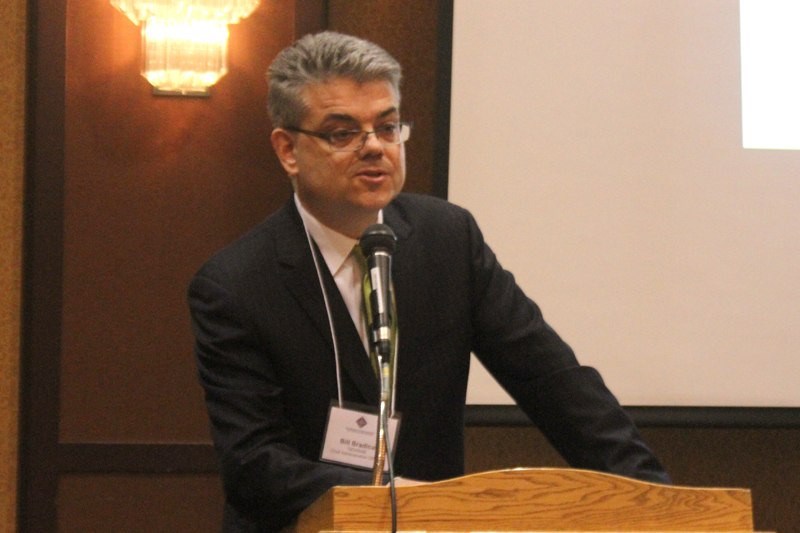City day-care officials are still calling a change in the delivery of special needs resources controversial.
The Thunder Bay District Social Services Administrative Board held a consultation session with local child-care stakeholders at the Airlane Hotel Monday to gather input on changes to the current special needs resource delivery model.
In July last year, DSSAB approved the change which would see the district's 18 resource teachers, who are currently managed directly by child-care centres, to be managed by a third party instead.
Thunder Bay DSSAB CAO Bill Bradica said the challenge with the current system is sharing those 18 resource teachers amongst 40 child-care centres.
With a centralized model, there would be equal access for all child-care centres to have resource teachers provided as needed, added Bradica.
The aim of Monday's session was to gather feedback from the child-care centres on the best ways to transition into the new system.
Little Lions Waldorf Daycare and Kindergarten CEO Marilyn Grudniski said the people impacted most by the decisions are the families with children with special needs and they weren't invited to the consultation session.
She said there was a lot of good discussion, but the new model is still controversial.
"We gave a lot of suggestions on how the current model could be tweaked or the whole system could be tweaked so that it would best meet the needs of children and families and everyone else that's concerned," Grudniski said, adding they'll wait and see what DSSAB does with the information they provided Monday before making further comments.
But Bradica doesn't think there will be any negative effects of the new model for families.
"The service is still being provided. Even though we've had about a 20 per cent reduction in our funding, for special needs we're not reducing our funding," he said.
"I believe there may actually be an improvement because people who may not have had access previously should under this new model."
More than 80 people participated in Monday's consultation on the new system, which is expected to be operational in early 2015.
